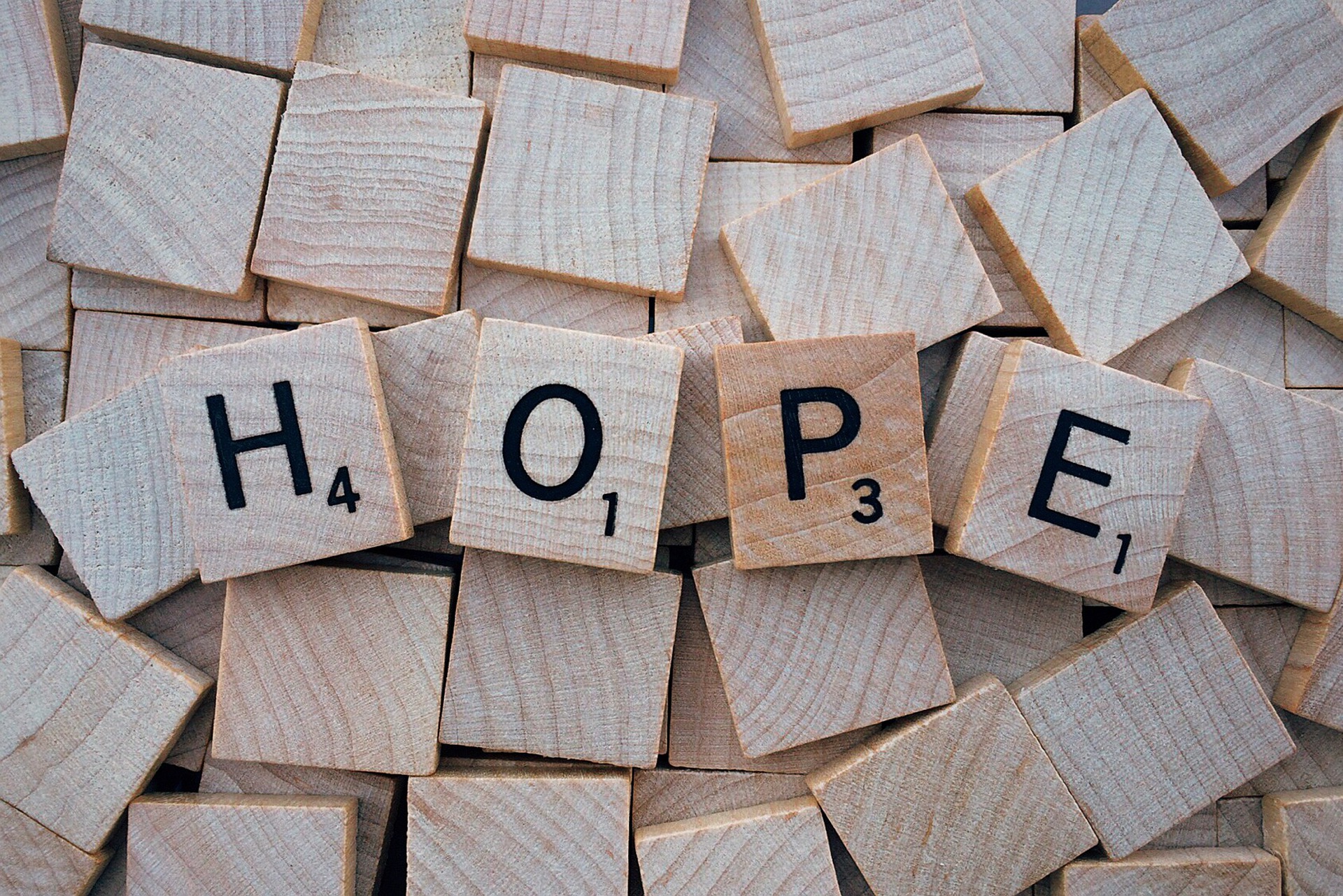
June 9, 2017, by Brigitte Nerlich
The language and politics of hope
Yesterday, feeling rather under the weather, I whiled away my time as a sniffling wreck by sitting on twitter and watching the world tweet by. I also diverted myself by watching the James Comey testimony in the US. Then I watched the exit polls for the General Election in the UK. Then I fell asleep and woke up to an unexpected world where ‘hope’ seems to be in the air – in various ways.
Both the events in the US and in the UK made me think about the semantics and pragmatics of hope. In the UK the noun was foregrounded, in the US verb; in the UK the meaning of hope was quite clear; in the US the pragmatics of hope was not so clear. In both cases language and politics are intertwined in interesting ways.
Hope – the US
In the US, a crucial part of Comey’s testimony rested on the interpretation of President Trump’s alleged utterance ‘I hope you can see your way clear to letting this go’, which Comey took as a ‘directive’, while others wanted to take it ‘literally’, as an expression of hope. As one headline said: “Comey’s testimony is all about hope”.
So, to get the meaning of the verb ‘to hope’ clear in my mind, I had a quick look in my old friend the Oxford English Dictionary (OED) and my new friend Merriam Webster. They both link hope to expectation and desire. Merriam Webster provides somewhat shorter definitions, which I’ll quote here.
As in intransitive verb ‘hope’ means: “to cherish a desire with anticipation : to want something to happen or be true: hopes for a promotion hoping for the best I hope so.” As a transitive verb it means: “to desire with expectation of obtainment or fulfillment: I hope she remembers. hopes to be invited” and “to expect with confidence : trust Your mother is doing well, I hope.”
However, this overview of the semantics of ‘to hope’ doesn’t quite give us an insight into the pragmatics of ‘I hope [that]’ as a ‘speech act’. Pragmatics deals with how words and sentences are used by people and what effects they have on the world – this can include legal ones, as when an authorised person says ‘I hereby pronounce you husband and wife’. Words can functions as actions or deeds (See J. L. Austin: How to Do Things with Words, 1955).
In ordinary language, the phrase ‘I hope [that]’ can express an expectation, but it can also be used, for example, to soften the expression of a command. This is similar to when one says ‘can you pass me the salt?’. When using that phrase one doesn’t ask whether somebody has the ability to pass the salt; one is trying to be polite…. Similarly when I tell my child ‘I hope you have finished your homework’, I expect and desire that this has in fact been done.
But, of course, language is always ambiguous to a certain degree and it is not possible to gain clear insights into the intentions of a speaker by just looking at his or her utterance. You need context, intonation etc. to interpret an utterance. Such an interpretation is always quite subjective and culture-specific – and can also be wrong.
In Comey’s case, his own interpretation of ‘I hope …’ as ‘directive’ was embedded in cultural and linguistic knowledge, as the following exchange demonstrates – summarised in Vanity Fair:
“Do you take that as a directive?” [Sen. Angus] King asked Comey of Trump’s question.
“Yes, yes,” Comey replied. “It rings in my ears as kind of ‘Will no one rid me of this meddlesome priest?’ ”
“I was just going to quote that,” King replied.
The line is a reference to King Henry II, who was often at odds with Becket and angrily floated the idea that someone should do away with the “meddlesome priest,” a line that basically operated as a death sentence and inspired his followers to kill Becket.”
Most people today likely remember the line from the 1964 drama Becket, starring Richard Burton as the ill-fated religious figure, and Peter O’Toole as the belligerent monarch. The movie earned 12 Oscar nominations, and earned writer Edward Anhalt a statuette for best screenplay. For Comey, the reference earned a handful of laughs from anxious politicians—and a new wave of Google searches for “meddlesome priests.” (For more info see here)
It’s not yet clear how the pragmatics of hope will play out in the US; so lets go over to the semantics and pragmatics of hope here in the UK.
Hope – the UK
When I woke up this morning I saw that Jeremy Corbyn attributes the massive swing towards the Labour party in the General Elections to the message of hope that he was able to convey. He stated that ‘People voted for hope‘. This assessment was echoed by many people. George Monbiot, for example, wrote an article for The Guardian entitled “I’ve never voted with hope before. Jeremy Corbyn has changed that”.
In this case the semantic constituents of hope, namely expectation and desire (of a better world), have performed a desired rhetorical and political function – to make people vote in a certain way. As John Locke said in his 1689 Essay concerning Human Understanding: “Hope is that pleasure in the Mind, which every one finds in himself, upon the thought of a probable future enjoyment of a thing which is apt to delight him.”
So hope is in the air. We’ll have to see how things develop – whether hope means hope. We’ll also have to see how the politics of language use plays out both here in the UK and even more so perhaps over in the US.
PS an interesting reflection on implicature – a staple of pragmatics – here
Image: Pixabay
No comments yet, fill out a comment to be the first

Leave a Reply